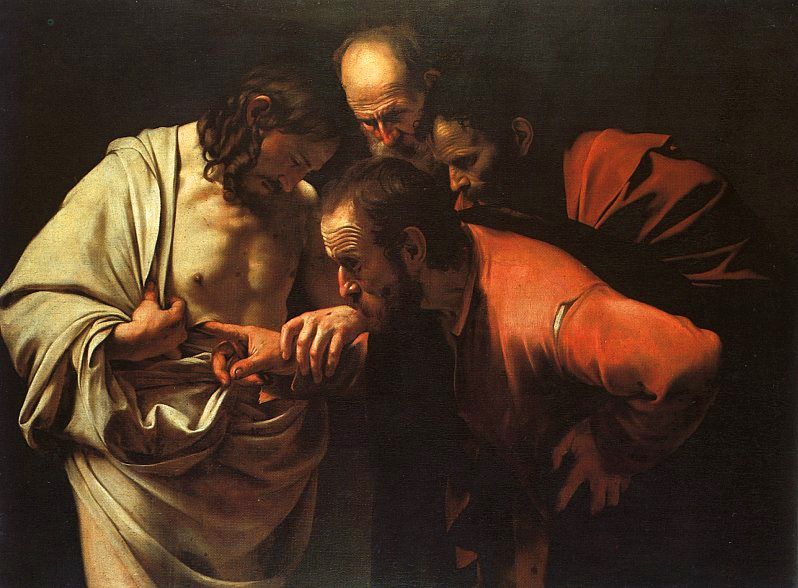In meditating on the things of God, there must come a point in which the believer longs for more. It is not enough to simply ponder the Divine, our meditation must lead us to long and thirst for a personal relationship with God, an intimate sharing of our life with his. In this way, meditation must flower and grow into a familiar colloquy, or conversation, in which we allow the full potential of our relational nature to be brought into the domain of our mental prayer.
We sometimes hold back from such familiarity because we distrust our intuitions and inspirations. Such boldness always involves a risk, particularly the risk of self-delusion. We doubt that what arises in meditation is indeed the voice of God, and our desire for certainty becomes a powerful obstacle to intimacy.
To counteract this, we must learn to open our hearts to God and hear his word speaking to us in an intimate and personal way. Thus, we must develop a certain confidence that our Lord wants to speak to us in the working of thoughts, feelings, and desires. We must trust that our inspirations, though far from infallible, or the only approximate means we have for discovering God’s will in our life. Through a steady practice of trial and error, combined with the sound counsel of others, we learn to navigate our intuitions and slowly develop the art of discernment. Thus oratio, or prayer, is not so much a separate step from meditation, but that place of fulfillment in which our interior dialogue no longer becomes an egotistical monologue.
Furthermore, divine revelation, particularly the Bible, reaches a saturation point in our interior life. The stability of dogma and Church teaching informs the somewhat chaotic world of intuition, providing it with the necessary structure needed to flourish. This allows for the stable nourishment needed for the more spontaneous expressions of the heart. In this way, meditating on revealed truth provides a solid foundation in which we dare to prophesy, dare to believe that God speaks to us in an individual way.
Thus, as we deepen our trust in the Lord and his Church, our relationship with both the Lord and with others becomes a rich tapestry of encounters and mutual sharing. Such growth is not isolated from moral living, but intrinsically interconnected with concrete, day-to-day human interactions and decisions. Along these lines, oratio begins to permeate all aspects both of lectio divina and of our lives in general. The instinct to prayer slowly begins to take hold, and for this reason we should not try to isolate oratio too much from the other steps of lectio divina.
#lectiodivina #prayer
This is the third article in a series on the steps of lectio divina.












No Comment